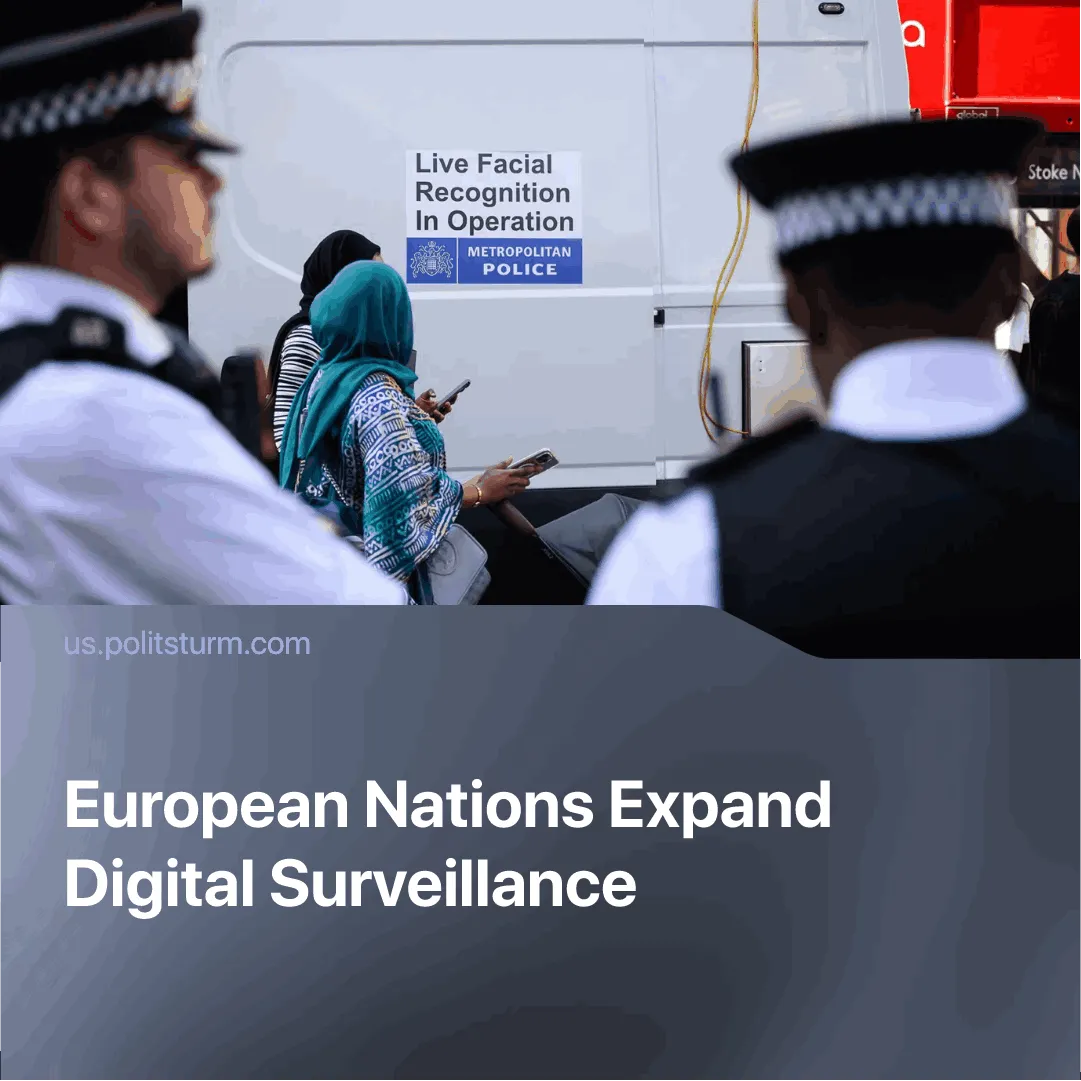Under the banner of child protection and crime prevention, EU and UK governments are moving to expand digital surveillance and censorship.
Details. EU officials have outlined a roadmap under the ProtectEU strategy that targets end-to-end encryption. By 2030, encrypted communications may be legally weakened through the enforcement of decryption, data retention, standardisation of interception tools, and the deployment of AI for law enforcement.
► Britain’s Online Safety Act now mandates age and identity verification, meaning many websites now require selfies or government-issued ID to access content deemed “over-18.” The verification process is carried out by various privately owned companies, with only some claiming they will delete the data used. The EU is also piloting age-verification tools.
► Following the enforcement of the Online Safety Act, VPN usage surged sharply, as users sought to bypass mandatory age verification. VPNs remain legal, but ministers have signalled they will “closely examine” their use.
► EU politicians justify these reforms by citing public safety, claiming they are needed “to balance efficient law enforcement with privacy.”
Context. Amid Europe’s deepening economic crisis and decaying legitimacy of mainstream parties, state surveillance is being normalised as workers turn away from electoral politics and increasingly look for political alternatives.
► Numerous EU governments have already banned communist organisations, equating them with far‑right extremism.
► Both the UK and EU are moving toward integrated age-verification systems linked to digital identity schemes. Examples include the EU’s Digital Identity Wallet, now being tested in Germany, Spain, and France, and UK proposals that tie verification to government-backed IDs. Such systems are capable of becoming a centralised tool for mass surveillance.
► During the Cold War, EU states conducted extensive government surveillance and infiltration to counter left-wing political opponents, particularly Communists. Examples include Operation Gladio. In the UK, the “spy cops” scandal revealed undercover policing of left-wing political organisations, trade unions, and campaign groups from 1968 into the 2000s.
Important to Know. The expansion of surveillance in Europe is part of a broader consolidation of state power in preparation for imperialist war, aimed at suppressing or controlling any force that threatens ruling-class interests.
► Digital identity schemes, weakened encryption, and restrictions on VPNs will give governments unprecedented tools to monitor, control, and pre-empt political organising.
► While repression may be justified in the name of public safety or combating “extremism,” history shows it is communists and militant worker movements who face the harshest targeting.
► Communists in Western Europe, long accustomed to liberal-democratic legality, must prepare for conditions of heightened digital surveillance, censorship, and potential illegality.


